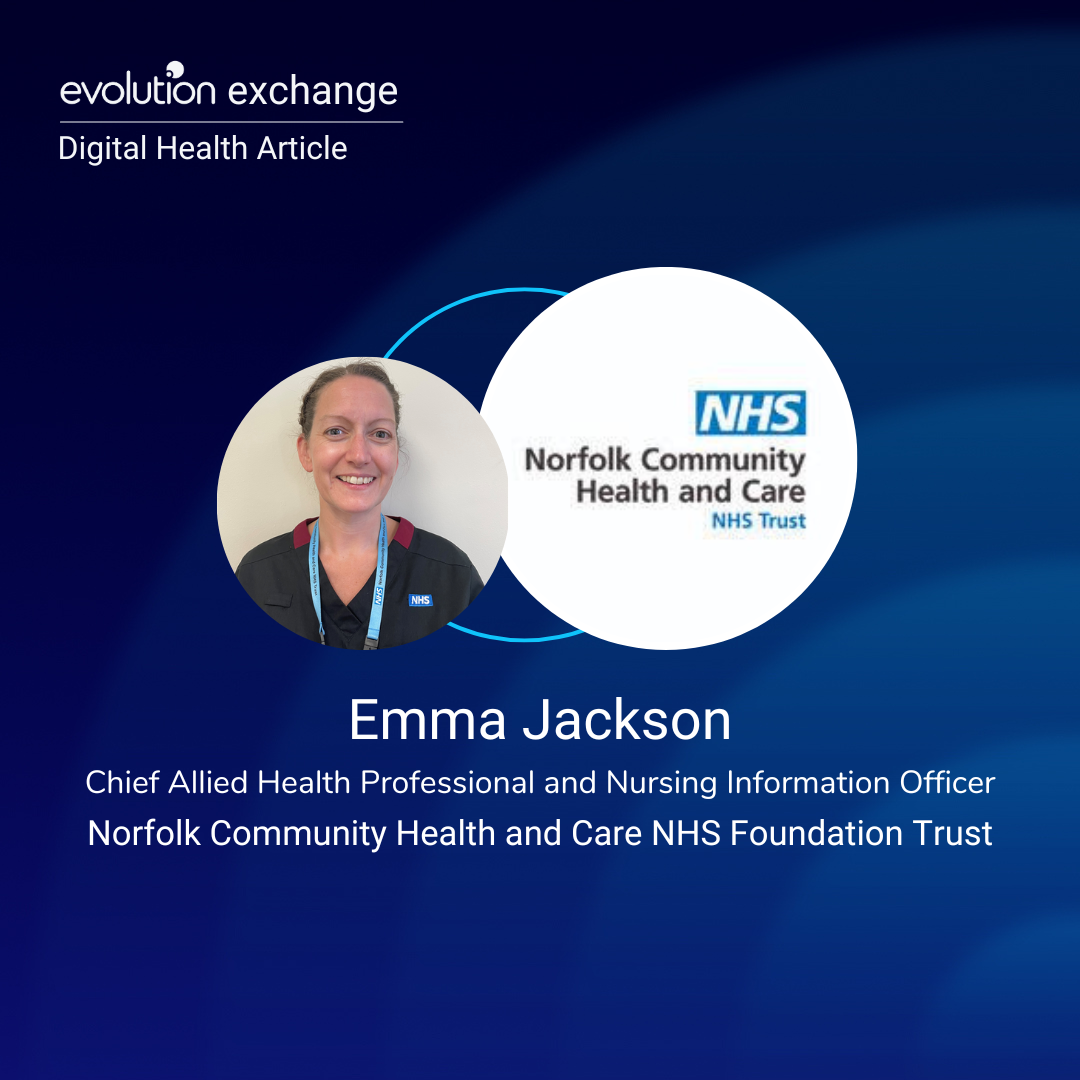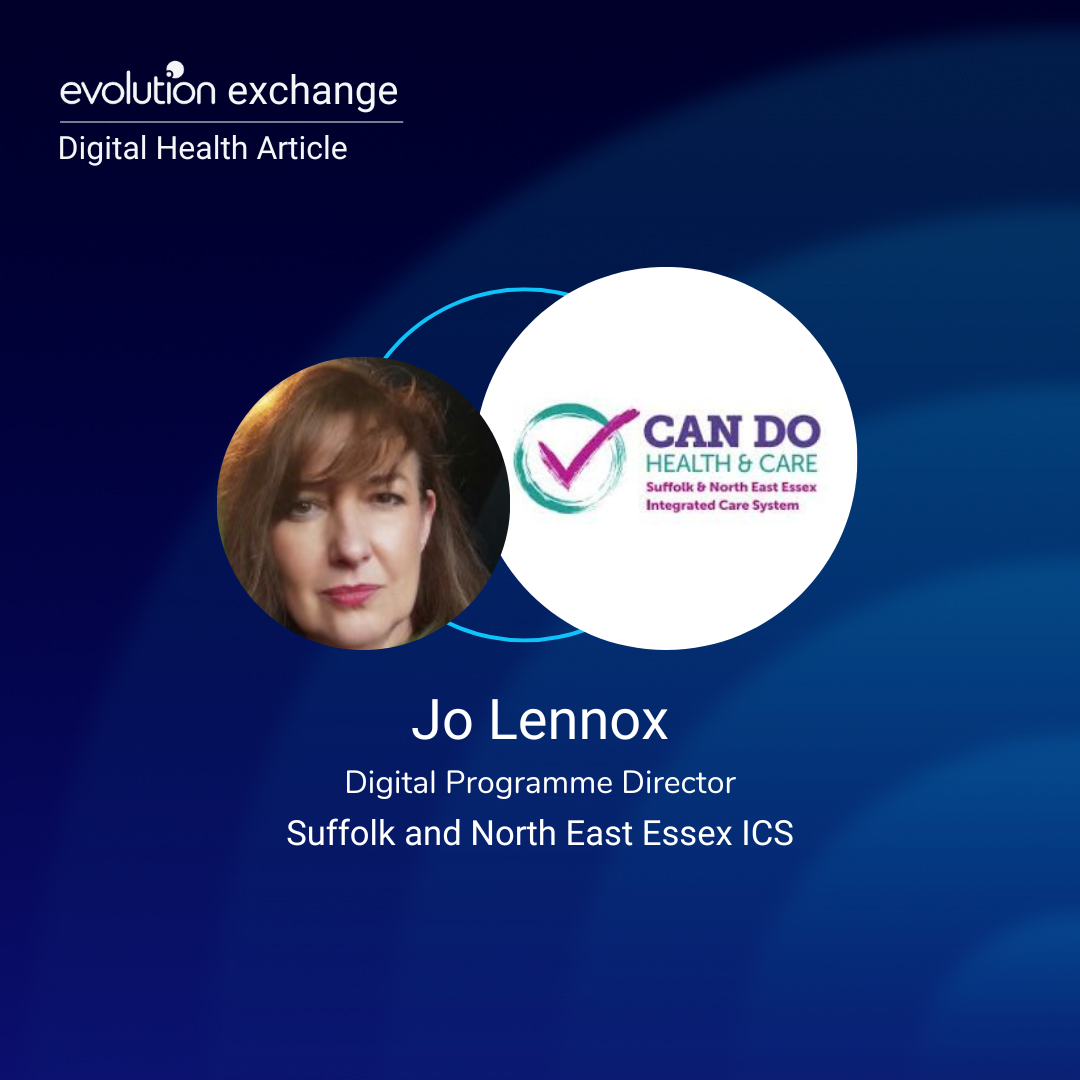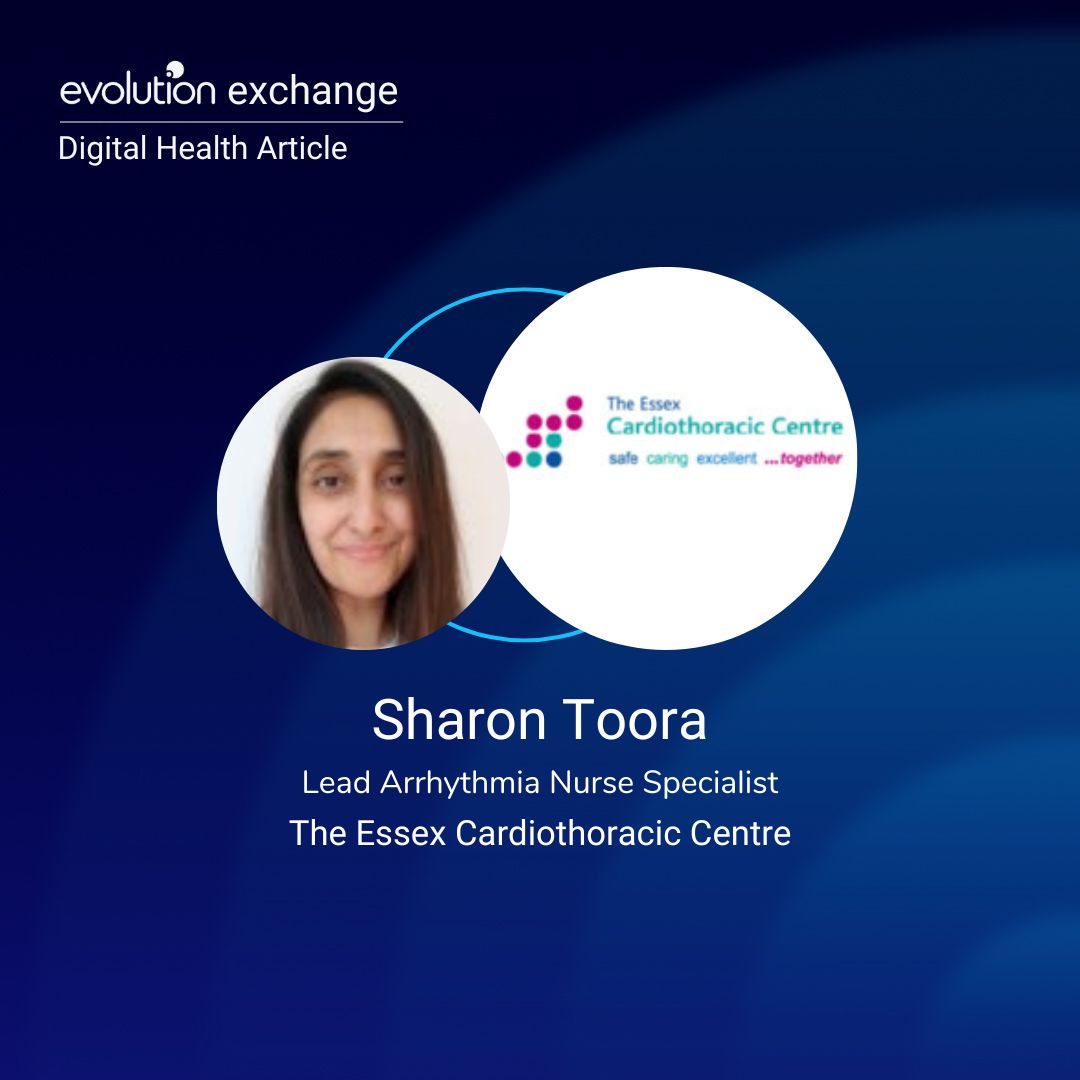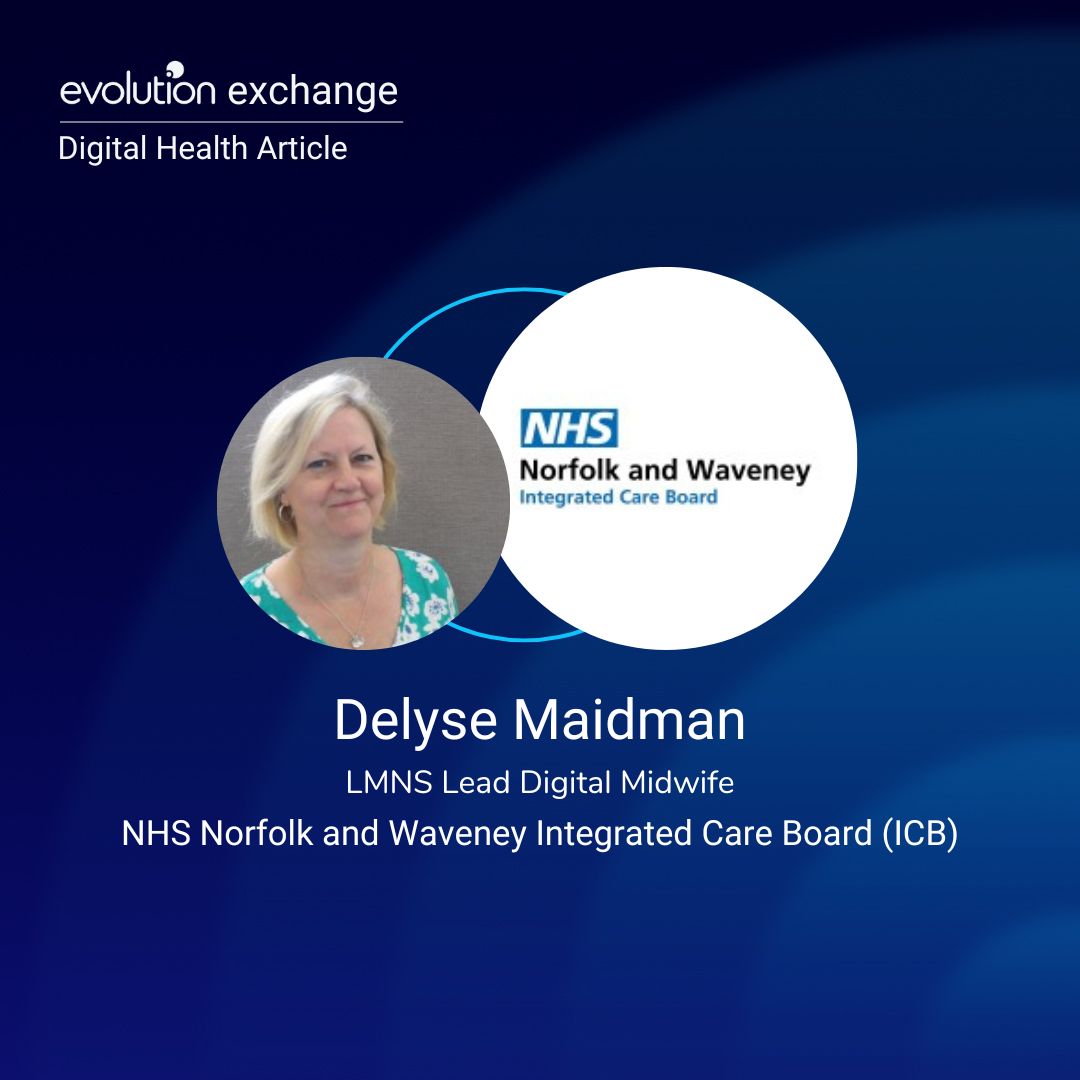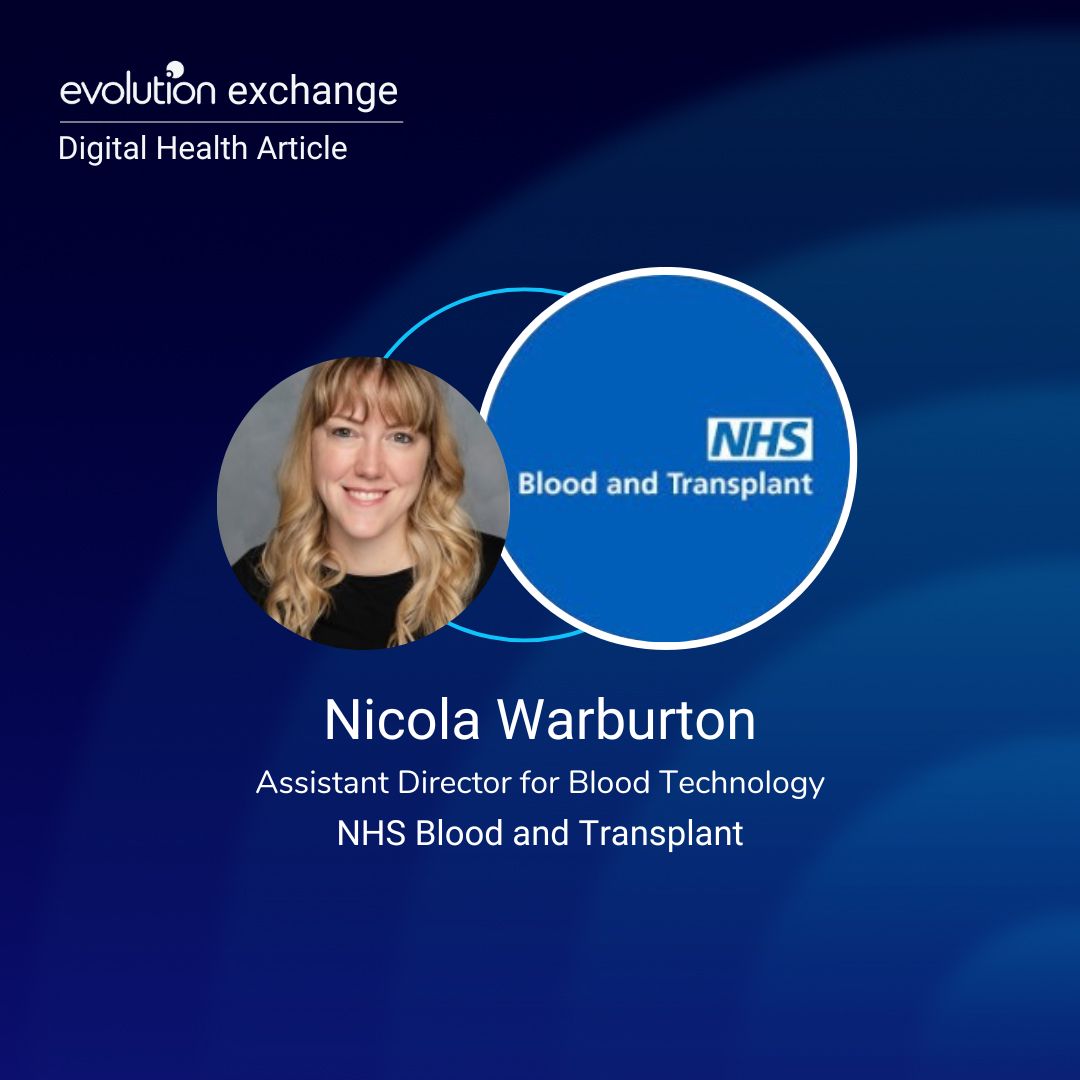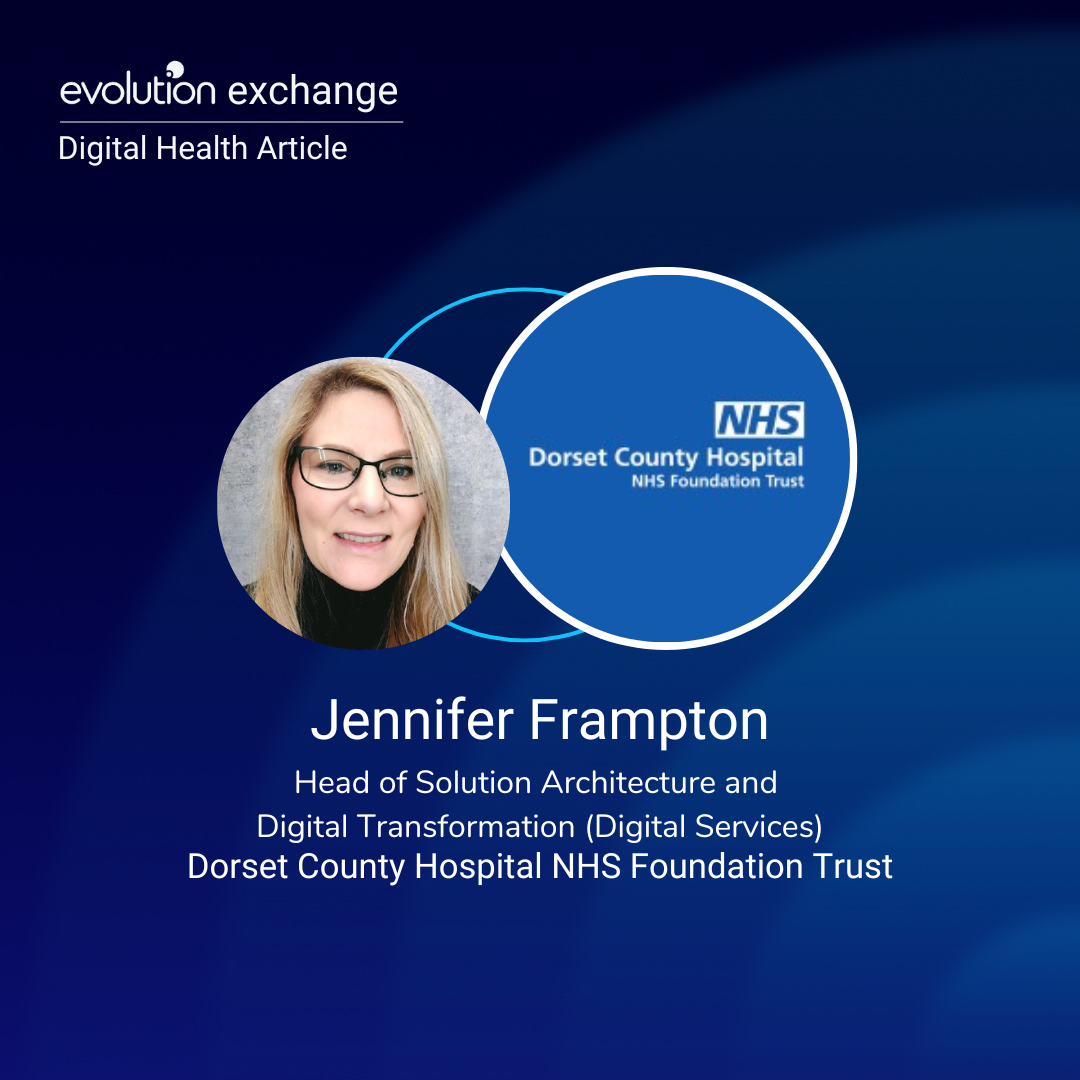In the ever-evolving landscape of healthcare technology, leaders who understand both clinical practice and digital transformation are invaluable. Katherine Potts, Chief Digital Officer at University Hospitals Plymouth, embodies this rare combination of expertise. With a journey that spans nursing, operational management and now digital leadership, her career offers valuable insights for aspiring healthcare leaders, particularly women navigating leadership paths in technical fields.
From Clinical Care to Digital Transformation
Katherine’s career began far from the digital realm. “I trained as a nurse and worked clinically for quite a long time,” she explains, detailing a path that included extensive experience as an advanced nurse practitioner in cardiology. When she hit what she describes as “a bit of a wall in terms of both career progression and ability to do anything further within the role,” Katherine made her first strategic career pivot.
Rather than remaining in a role with limited growth potential, she transitioned into nursing management, taking on clinical services leadership positions. This move opened new doors: “I was offered an opportunity by my then boss to step into an operational services, general manager role which kept my clinical component.”
From there, Katherine continued advancing through operational roles, eventually becoming deputy chief operating officer before making another significant career shift. “In the last 18 months I moved across to digital,” she notes, describing her transition that began with a part-time operational lead role for an Electronic Patient Record (EPR) system implementation before taking on full digital services leadership.
Strategic Career Planning
What stands out in Katherine’s career trajectory is her intentional approach to professional development. When opportunities arose, she carefully considered how they would expand her capabilities and experience.
“I made a very purposeful choice to go to do something that was outpatients, cancer, elective care focused,” she shares about one career move. “Much of my background is in emergency care and urgent care… I made a very planned decision to go and do elective care for 18 months just because I knew that I needed that wider remit.”
Similarly, her move from a London Trust was strategic: “When I moved to my deputy chief operating officer role, I decided to take something that was outside of London and outside of a group model… I purposely went to something that did much more of that outward facing bit with health and social care in the community.”
Leading Through Crisis: The COVID-19 Experience
Katherine’s leadership skills were put to the ultimate test during the COVID-19 pandemic while working in northeast London. “We were the first ED to actually turn into a full COVID ED,” she recalls. “Then we were probably one of the first places to make pretty much the entire site a hot site.”
The scale of the response was enormous: “We tripled our intensive care bed base and opened 100 odd respiratory beds. I don’t think anyone quite understands the scale of what we were seeing and what happened.”
Perhaps most striking was how the crisis stripped away bureaucratic barriers: “All the red tape and the bureaucracy and the barriers went and it made a phenomenal difference,” Katherine notes. “If you needed equipment, it arrived. If you needed funding, if you needed to put more staff on… all of those things that you have to jump through hoops every day for in the NHS” disappeared.
This agility led to remarkable innovations: “We literally had the platform for virtual consultations up within 40 hours and going, whereas you can guarantee it probably would have taken you two years to get a pilot off the ground.” This experience demonstrated “how quickly and what you can get done when all of those things are taken away.”
Technical Leadership Without Technical Expertise
As Chief Digital Officer, Katherine challenges the assumption that technical leaders must have deep technical backgrounds. When asked if technical expertise is necessary for her role, her answer is clear: “The honest answer is, I don’t think so.”
Instead, she emphasises different qualities: “I think you need to have a reasonable understanding and I think you need to have a reasonable knowledge. I think you need to be really open and honest that actually, that’s not my area of expertise and not be afraid to say that or to ask the silly questions.”
Katherine believes effective digital leadership is primarily about transformation rather than technology: “Digital is only the medium to get things done. The rest of it is actually in that clinical transformation… there’s so much more in it around engagement, around culture and that transformation and strategic piece. The technical bit is only a very small part of it.”
Essential Leadership Skills Beyond Technical Knowledge
When describing the skills most crucial for her role, Katherine begins with the fundamentals: “Communication, collaboration, being able to present and talk to an audience, writing papers.” Yet she quickly identifies networking as perhaps the most important: “Networking needs to be up there at the top of that list because most things have been done before, there’s no point in doing it again.”
She draws an important distinction between management and leadership: “I think one of the things we don’t do well necessarily in the NHS is we put someone in a managerial position, assume that they know what that is and what they’re meant to do. But actually managing that team as opposed to leading that team is very different.”
Katherine elaborates: “We teach people how to manage annual leave, or we teach people how to manage an appraisal… What we don’t necessarily do is give people the other side of that skill set… how do you get the best out of different people? What are different approaches depending on how your team work?”
Navigating Career Challenges and Imposter Syndrome
Katherine’s career advancement hasn’t been without challenges. She points to a systemic issue in healthcare leadership: “I think the NHS is not great about when you’re ready to move on to another post. But what is it that we can do that either stretches that or gives you some more or does something different to actually keep you where you are?”
She’s also faced reactions to her transparent career ambitions: “I’ve always been very open about the fact that I want to do other things. I’m not going to stay in a role for a long period of time. And I think you get very different reactions to that.”
Even with her impressive background, Katherine acknowledges experiencing moments of self-doubt: “With any new role or any new place, you sit there and think, maybe I shouldn’t say that or that’s not my place to do it or I shouldn’t challenge.” However, she emphasises the importance of not letting these feelings show externally: “You need to make sure that you’re not presenting that outwardly.”
She references a revealing gender disparity in job applications: “For women applying for jobs they’ll always think, I need to meet every criteria or I don’t bother, whereas men will basically think, well, I can do some of it. So why not let’s give it a go?”
The Power of Professional Networks
Throughout her career, Katherine has benefited from strong professional relationships. “The NHS is a very small world… you’ll always find somebody that knows somebody or who’s worked with them,” she observes. These connections provide critical support in challenging situations.
“I certainly reach back to a lot of my London network and previous senior teams,” Katherine shares. “It’s just that sense check… what are you doing with this? How have you managed that? This was a really difficult situation… what would you do?”
These relationships offer more than just practical advice: “There’s one particular colleague who’s an old executive that I worked with who I will think, well, what would they have done in this situation before I do something?” Such mental references provide both guidance and reflective space.
While Katherine has benefited from mentorship throughout her career, she offers a refreshingly honest perspective on coaching: “Coaching is not for me. It is not my thing… I don’t find it helpful.” This candid acknowledgment reflects her self-awareness and pragmatic approach to professional development.
Advice for Aspiring Leaders
Drawing from her diverse career experiences, Katherine offers practical wisdom for others charting their leadership journeys:
“You don’t have to have absolutely everything to go for a job,” she stresses, encouraging candidates to recognise transferable skills. “Each [role] has got a defined kind of skill set if you look at a job description, but actually a lot of them are fundamentally the same underlying things. They may just be described in a slightly different way.”
Her approach to career development is both bold and practical: “Take a chance. You’ve never lost anything by giving something a go… And you never know, that might be the thing that you want to do.”
Finally, she returns to the importance of diverse professional connections: “Build up that network and not just the network in your own sphere… It’s those other people along the way within all of the other disciplines actually that are going to be able to help you with some of the things that you need to do.”
In a healthcare system increasingly reliant on digital transformation, leaders like Katherine Potts demonstrate that the most effective path forward combines clinical understanding, strategic thinking and collaborative leadership – qualities that go beyond technical expertise alone. Her journey illustrates that career advancement isn’t always linear, but with intentional planning and a willingness to embrace new challenges, healthcare professionals can forge paths that leverage their unique perspectives to drive meaningful change.













